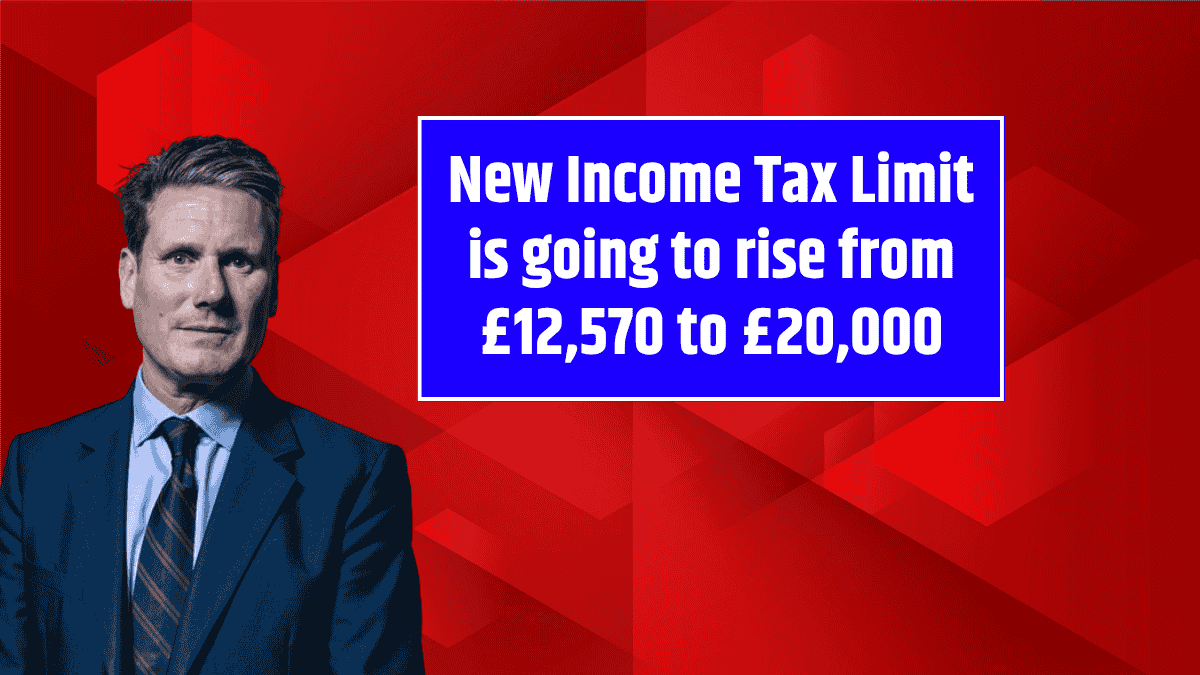The Trump administration is reportedly considering a significant move that could reshape the landscape of higher education in the United States.
This involves a potential change in IRS policies, allowing the government to revoke the tax-exempt status of colleges that use race as a factor in admissions, scholarships, and other student programs.
While the proposal is still in its early stages, it has already stirred a wave of reactions from both advocates and critics.
This move could have profound effects, especially for private colleges and universities that rely heavily on tax-exempt status to operate.
Background on Tax-Exempt Status and Its Importance
Tax-exempt status is crucial for nonprofit institutions, including many private colleges and universities.
This status frees them from paying corporate income taxes, gives them breaks on property taxes, and helps them raise funds by incentivizing donations.
These benefits allow institutions to maintain a large degree of financial flexibility.
If the Trump administration moves forward with its proposed policy, it would have wide-reaching consequences for schools that have long used race-based policies to promote diversity and inclusion.
The Proposal and Its Potential Impact
According to reports, the Treasury Department is contemplating changes to the IRS rules that would allow it to strip tax-exempt status from colleges and universities that use race as a factor in their operations.
This could apply to everything from admissions and scholarships to the use of school facilities.
Such a drastic shift could target some of the nation’s wealthiest and most prestigious institutions, including Harvard University and Columbia University, and extend to thousands of other private colleges that benefit from nonprofit status.
The potential change is seen by some as part of the Trump administration’s ongoing efforts to challenge diversity, equity, and inclusion (DEI) programs in higher education.
If enacted, this would represent a significant step in the administration’s efforts to influence the direction of education policies in the U.S.
Legal and Financial Consequences
Revoking tax-exempt status could have devastating financial consequences for many colleges. While elite schools like Harvard may have enough resources to weather the storm, smaller schools with fewer financial resources could face existential threats.
Nonprofit status is not only crucial for tax benefits but also for attracting donations.
If this policy takes effect, it could lead to a shift in how universities operate, with many schools potentially having to abandon race-conscious policies to avoid losing their tax benefits.
The proposal, however, would not be immediate. Legal experts say it would need to go through a lengthy rulemaking process, including public comment periods and possible court challenges.
The process could take years, and even if the IRS does revoke a school’s tax-exempt status, the affected institutions are likely to fight the decision in court.
Reactions from Advocacy Groups
The proposal has drawn mixed reactions. Supporters of the move, including conservative groups, argue that it’s necessary to remove race-based preferences in education.
They believe that using tax law to enforce a “colorblind” approach to admissions and funding is a necessary step for promoting fairness and equality in education.
On the other hand, critics warn that using tax status as a lever for such social policies could have unintended consequences.
They argue that it could set a dangerous precedent where future administrations could target other controversial issues through similar means.
The Future of Race-Based Policies in Education
If the Trump administration proceeds with this change, it could mark a significant shift in how race-based policies are handled in U.S. colleges. Critics of the move suggest that such a policy would undermine efforts to reduce historical disparities in education.
However, supporters argue that it could level the playing field by removing race as a factor in higher education admissions and other areas.
The debate over this issue is likely to continue as the administration moves forward with its plans, and universities across the nation are keeping a close watch on any changes.
For now, it remains unclear whether this proposal will become law, but its potential to reshape the way American higher education handles race is undeniable.
The Trump administration’s potential move to revoke the tax-exempt status of colleges and universities that use race-based policies could have far-reaching consequences for the higher education system in the United States.
While the proposed rule is still in the early stages, it has already sparked significant debate.
Some view it as a necessary step toward ending racial discrimination, while others see it as a dangerous overreach that could threaten the financial stability of many institutions.
It remains to be seen how this issue will unfold, but it is clear that the debate over race, tax-exempt status, and education in America is far from over.
FAQs
What is the potential impact of revoking tax-exempt status for colleges?
Revoking tax-exempt status could threaten a college’s finances by eliminating tax breaks, making it harder to raise funds through donations, and increasing tax liabilities.
Why is the Trump administration considering this move?
The Trump administration is reportedly considering this change to challenge race-based admissions and diversity programs in higher education, pushing for race-blind policies.
How would this affect smaller colleges?
Smaller colleges with fewer financial resources would struggle to survive without tax-exempt status, possibly forcing them to eliminate race-based programs to comply with new policies.
Could this change happen quickly?
No, the policy would have to go through an extensive rulemaking process, including public comments and potential legal challenges, which could take years.
What are the potential legal challenges to this proposal?
Many experts believe that universities would challenge the IRS’s actions in court, arguing that the move infringes on established policies regarding diversity and charitable law.












